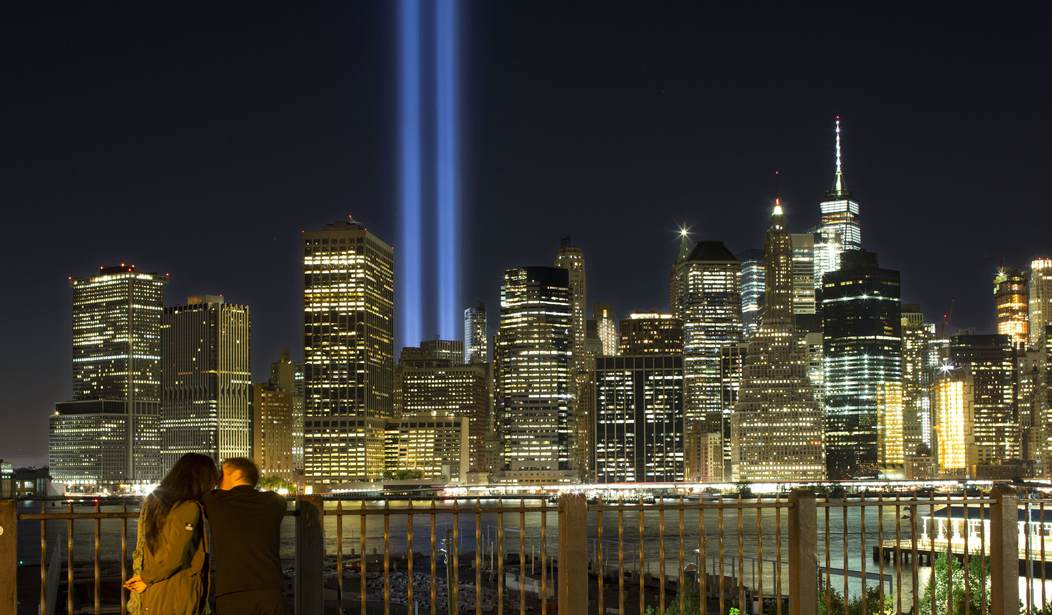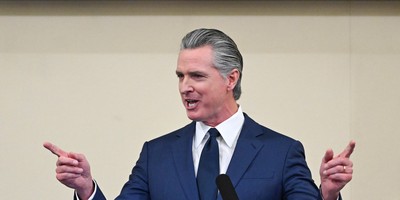It’s a natural question to ask every time the anniversary of the 9/11 attacks rolls around: Are we safer now than we were then?
The short answer is yes. We are. But there’s a huge caveat attached to that, as well as some much-needed context to consider.
To understand what I mean, let me ask you: How many terrorist plots or attacks has the U.S. homeland faced since that fateful day in 2001?
Most people, I’ll bet, wouldn’t guess more than a dozen. Maybe more, but not much more. Very few would guess the actual number: 104.
That’s right. Not a dozen. Closer to 10 dozen.
Sounds incredible, I know. But should we be surprised? After all, 87 of those plots were uncovered by law enforcement agencies before they could carry out their deadly attacks.
Foiled attacks aren’t reported nearly as widely and breathlessly as ones that succeed. Besides, they’re competing with wall-to-wall coverage of political food fights. Good luck breaking through the clutter.
Plus, many of these attacks are smaller in scope. They’ll involve maybe one or two individuals planning to plant, say, a dirty bomb at a courthouse or a shopping mall.
Seventeen years later, we remember Mohamed Atta, the tactical leader of the 9/11 plot. But how many have even heard of Matin Azizi-Yarand? He’s the 17-year-old North Texas student who was arrested in May before he could carry out his plan to launch a deadly shooting at a suburban mall in Dallas, Texas.
Azizi-Yarand made the mistake of talking about his plans with an undercover FBI agent. His arrest warrant quotes him as saying, “I swear I want to achieve Allah’s pleasure and kill the kuffar” (Arabic for “nonbeliever”). Also: “I’ve only been reading ISIS magazine guidelines for performing operations and making bombs.”
Recommended
We’ve been conditioned by 9/11 to think of a terrorist attack as something that involves a large group hijacking huge planes and driving them into some very high-profile targets and killing thousands in one fell swoop. But the threat has shifted.
Rather than a large cell and a huge attack that can be more easily ferreted out, today’s terrorists are pursuing a death-by-a-thousand-cuts strategy. It’s become one big, lethal do-it-yourself project, outsourced to freelancers who have joined the cause.
At least they’re attempting to. The good news is that we’re more secure today. It’s gotten much harder for our enemies to succeed, even when they diversify the threat, so to speak.
That’s why I said yes, we’re safer. But the context is that the terrorists are still out there. They’re still trying. We can’t let the lack of another 9/11 lull us into a false sense of security.
Another unwelcome but necessary bit of context: The threat that we face now is much more likely to be “homegrown” – someone radicalized in the U.S., not shipped in from abroad, like the 9/11 attackers were. Azizi-Yarand, for example, grew up here. He was living with his parents in Plano, Texas, when he was arrested.
The caveat I mentioned is that we can’t afford to let up in our efforts to detect these plots and stop these terrorists in their tracks. In fact, we can and should do more. According to terrorism expert David Inserra, sensible steps include:
· Improving our aviation security by looking to other countries and the private sector for lessons and greater efficiency.
· Continuing to stress the importance of lawful intelligence programs that help the U.S. stop terrorists before they strike.
· Reforming oversight of the Department of Homeland Security so that our security officials get clear guidance from Congress that lets them spend more time keeping America safe.
As the saying goes, “Eternal vigilance is the price of liberty.” We’re in a fight for our lives. It’s time to redouble our resolve -- and ensure that we continue to win.
























Join the conversation as a VIP Member